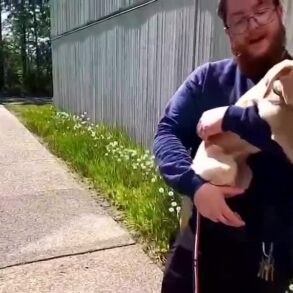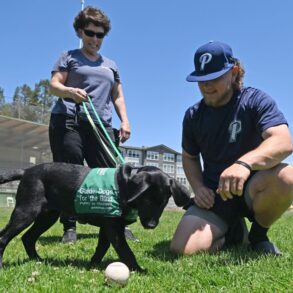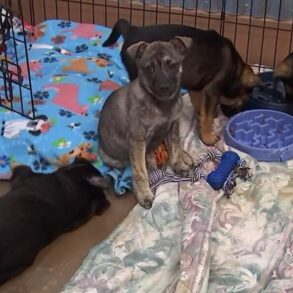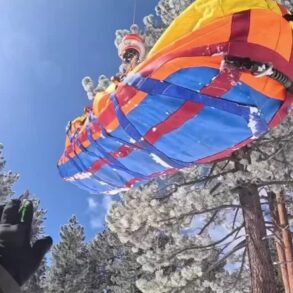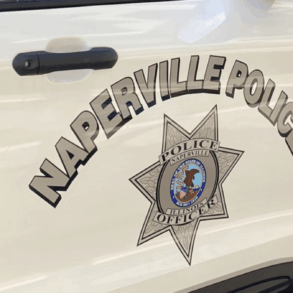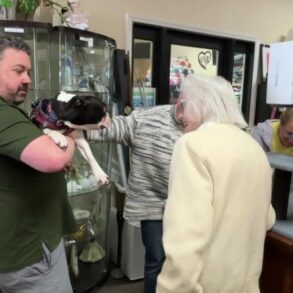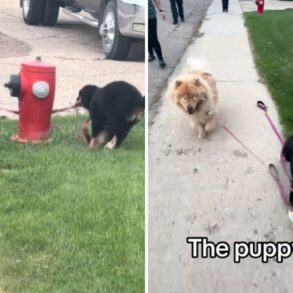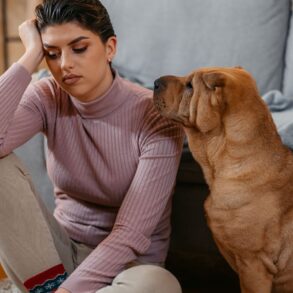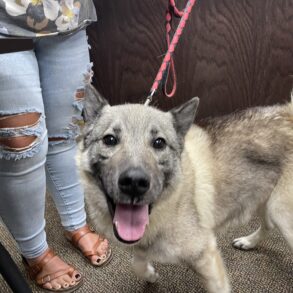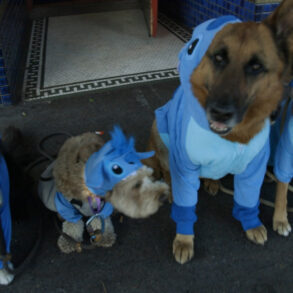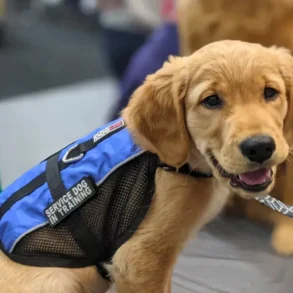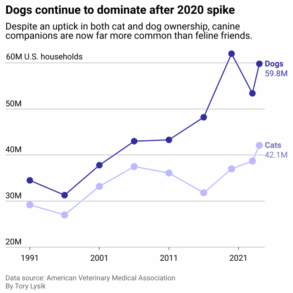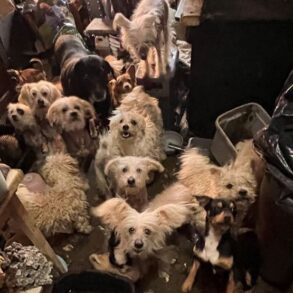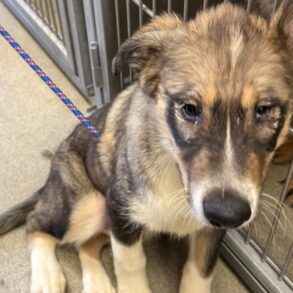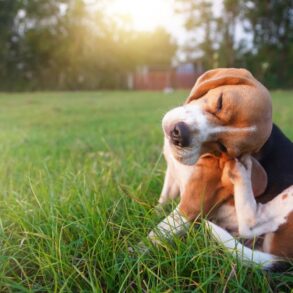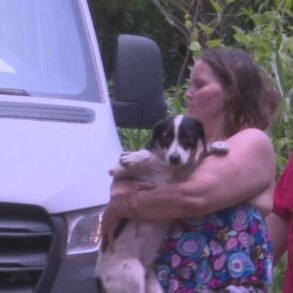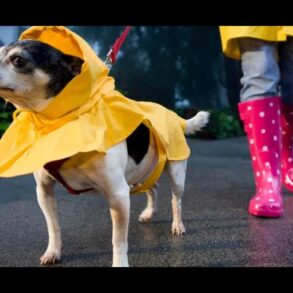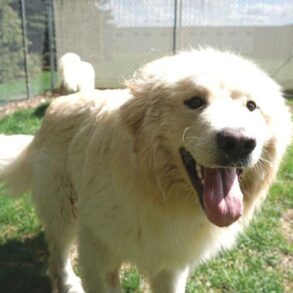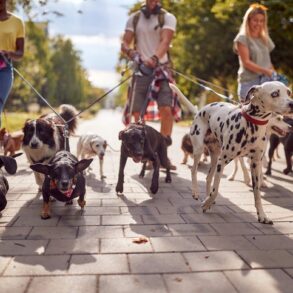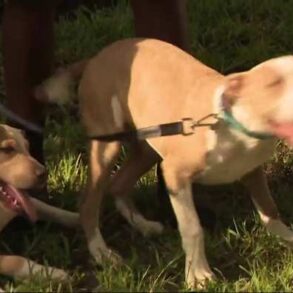
If you’re having a conversation and the person you’re talking to refers to “man’s best friend,” you almost immediately know that he is likely talking about his dog. That phrase is so common that, like “Fido”, it can substitute for the word “dog” in casual interactions. Yet it seems in our modern society that our relationship to dogs is deeper than friendship, and more like family. For example, in one recent study, 94 percent of the dog owners surveyed reported that they considered their dog to be part of their family. We obviously care about our emotional bonds to dogs since, according to Google, nearly 3,000 people each month search for an answer to the question “Does my dog love me?” All of this indicates that we have strong feelings for our dogs, and they are very important in our social lives.
However, there are many different social relationships that people have, and they differ in intensity and quality. Friends are different from family, and various members of the family have different relationships to us, such as parent and child, or brothers and sisters, or the relationship that grandparents have with family, to mention just a few. A team of Hungarian researchers headed by Borbála Turcsán in the Department of Ethology at Eötvös Loránd University in Budapest decided to explore the social relationships between dogs and people to find out exactly how we relate to our canine pets.
Measuring Relationships
The aim is to see how dogs fit into the complex set of social relationships that make up an average person’s life. Social psychologists have created a number of inventories that allow them to investigate which people interact with which other people and how they do it. Dogs are not typically included in such measures. This team of researchers used a trick that I first popularized in my book, “The Intelligence of Dogs,” which involves modifying a test or survey instrument that was designed to evaluate humans so that information can also be gathered about dogs. In this case, they began with the Network of Relationships Inventory, which was initially designed to assess behavioral interactions between various human partners across 13 different relationship scales. The relationship among partners included interactions with a person’s closest kin, their romantic partner, best friend, and their child. For this current research, the inventory was modified to include relationships with the participant’s pet dog. In total, 717 people responded to the online survey. The majority of the respondents were female, and most of them were between 25 and 45 years of age.
How We Relate to Dogs
This study produced a lot of data, but the overall trends were quite clear. These investigators conclude that “owners rate their relationship with their dogs as good or better than any human relationships.”
According to the researchers, what makes our relationship to dogs so special comes down to three main factors: high levels of companionship, opportunities for caregiving, and a minimum of conflict. They conclude that “Our results indicate that the owner-dog relationship is most similar to the child-parent relationship but can overall be interpreted as a mix of child and best friend relationships, combining positive aspects of the child relationship with the lack of negative aspects of friendship.”
Like our relationship to a child, dogs provide virtually unconditional affection and fulfill our inherent need to care for and nurture another living being. An important factor is that dogs don’t criticize your lifestyle or start arguments about political issues or your taste in music or movies. They also don’t hold grudges, which means that your next interaction with your dog will start with a clean emotional slate. These facts alone might explain why dogs rank higher in relationship satisfaction than most other humans in your life.
Who Holds the Power?
According to the researchers, another factor that makes our relationship to dogs so special has to do with power or control. When it comes to relationships with dogs, there is a different kind of power balance than we find in most human-to-human associations. Putting it simply, owners have virtually complete control over their dog’s life. This power asymmetry means that dogs usually don’t engage in the kind of behaviors involving attempts to exert control, which often are the source of conflicts in human relationships. With friends or family, there are always conflicts and tensions over the exercise of power. Often, conflicts are small, such as who gets to control the TV remote, who has to take care of the dishes after dinner tonight, or who gets the last slice of pie, but even small power struggles such as these can be annoying. Dogs don’t usually engage in power contests with their owner, and if they do, because of the asymmetry in the amount of power and control, the outcome of such a conflict is predetermined in favor of the human.
Is the Dog Just Therapy?
There was one other surprising finding in this study. There is a widespread belief that many people become dog owners because they are looking for some way to compensate for the inadequacies and lack of fulfillment that they get from their human relationships. According to this viewpoint, dogs then become substitutes for the absence of a child, a romantic partner, or close friends. When these investigators dug into their data, they found something unexpected. Specifically, they discovered that people with high positive relationships with other humans also tended to have the highest positive relationships with their dogs. This led them to conclude that dogs complement, rather than substitute, for human social connections.
Is a dog best described as a friend and companion, or as a member of your family? Well, if we believe this latest piece of research, it appears that your dog’s relationship to you is a blend of your child and your best friend — so, a bit of both.
Copyright SC Psychological Enterprises Ltd. May not be reprinted or reposted without permission.
This post was originally published on this site be sure to check out more of their content.


